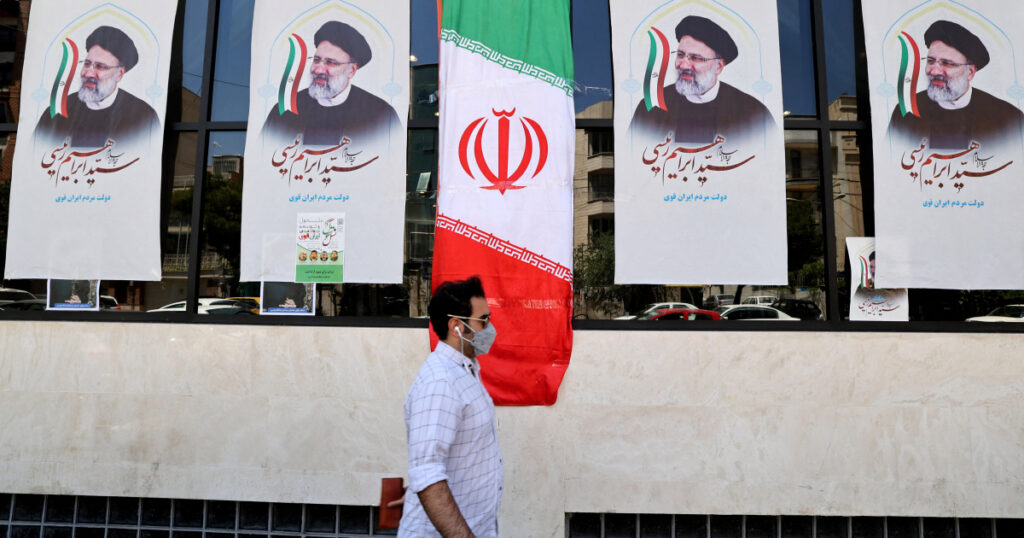International Atomic Energy Agency’s (IAEA) Director General Rafael Grossi met with the newly appointed head of Iran’s Atomic Energy Organization Mohammad Eslami, in Tehran, Iran on September 12th, 2021. Reportedly, the meeting was facilitated by Russia. Iran and the UN’s atomic ombudsman reached a temporary agreement to encourage a solution for “the most urgent issue between them, the overdue servicing of monitoring equipment to keep it running, raising hopes of fresh talks on a wider deal with the West”. The new government in Tehran agreed to let the IAEA observe and monitor the progress of Iran’s nuclear program. Furthermore, “That deal has been considered a minimal requirement for a resumption of talks in Vienna on trying to restore compliance with the 2015 Iran nuclear deal, which President Donald J. Trump abandoned in 2018.” The newly agreed deal limits Iran’s enrichment of uranium in consideration for the lifting of punishing economic sanctions.
Both Grosso and Eslami called the meeting “constructive” and the joint statement after the meeting stated, “IAEA inspectors could service the monitoring equipment, which includes cameras, and replace their storage cards with new ones. But as agreed in a similar emergency deal last February, the contents of the storage cards are kept under seal and will be released to the agency only when and if Iran and the United States agree on a revival of the 2015 deal, known as the Joint Comprehensive Plan of Action.” The agreement further added that in order to keep proper check, the installed equipment will be serviced every three months so they do not run out of storage memory. Iran agreed to hand over the tapes to the agency only after reaching an agreement which will eventually lift United States sanctions. Eurasia Group analyst Henry Rome called Iran’s “concessions” on monitoring as “very modest,” and said “they will almost certainly be sufficient to avert censure at this week’s meeting.” Grossi added that the agency will replace the damaged or destroyed cameras and will engage with a new government to “commit to engagement.” He also stated that the arrangement was “indispensable for us to provide the necessary guarantee and information to the I.A.E.A. and to the world that everything is in order.”

Upon his arrival back to Vienna, Grossi held a news conference in the city’s airport and claimed that the agreement will ensure the continuous recording of data for the agency, opening grounds for the nuclear deal signatories to involve in diplomacy.



